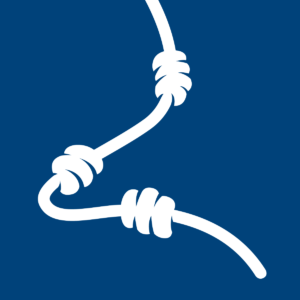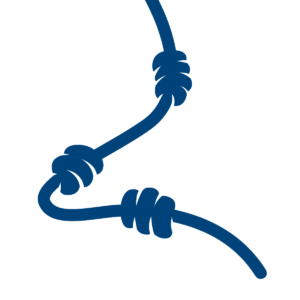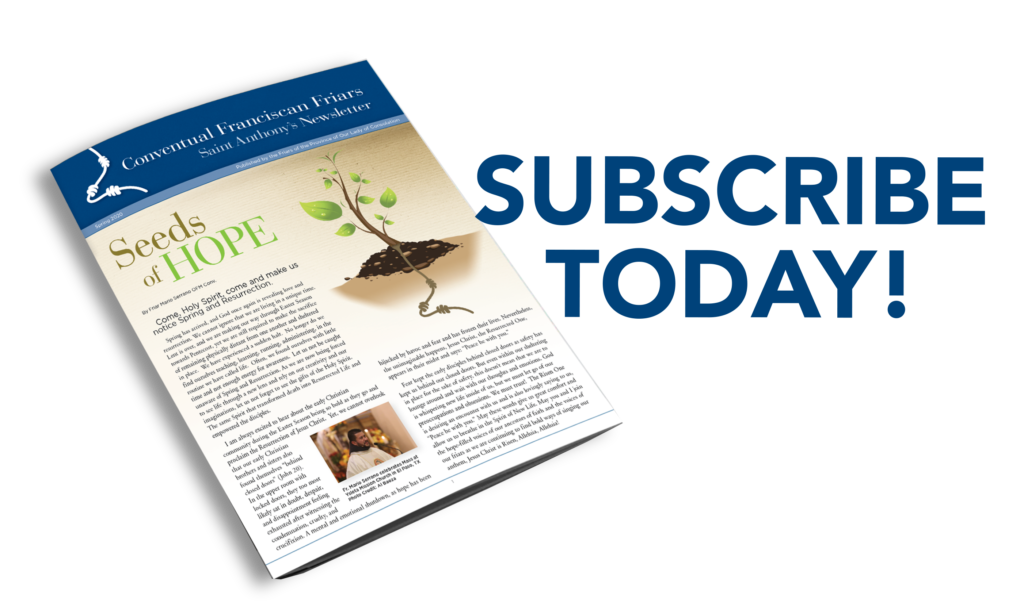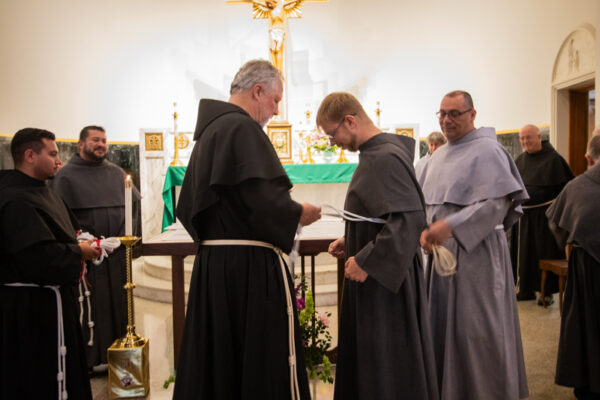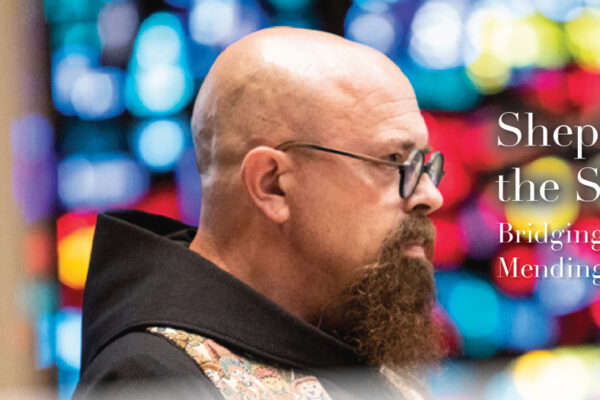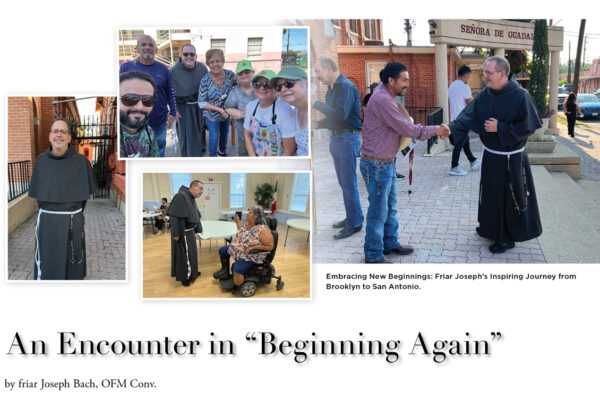
At 57, and while he was employed as a chaplain for a military base, friar Keith O’Neill answered the call to celebrate Mass for the Catholic prisoners in a federal prison in Georgia. Twenty plus years later, friar Keith reflects upon this unique ministry that he stumbled upon.
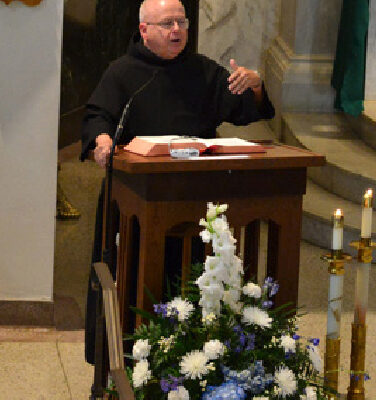
Friar Keith O’Neill reflects on his growth through his ministry work. His transformation required learning about all faiths and earning the trust of those he ministered to.
“To tell you the truth,” he said, “I had no idea what I was getting into. I thought that I would have one Mass in the prison but discovered that I had to have Mass in three separate areas because certain populations in federal prison do not mix. I was also scared when I first walked through those gates. Prisons are dangerous places and every week there were incidents of violence between the prisoners or the prisoners and the personnel.”
Initially, friar Keith agreed to say Mass for a few months, which later expanded to several months and eventually twenty years. Eventually, friar Keith was offered a position as a chaplain in the Federal prison system, but this expanded his role greatly. “Chaplains in the federal prison system are required to care for the pastoral needs of prisoners of all faiths,” he said, “I had to do a crash course in many of the other religious traditions that were in the prison. It was quite a learning curve for me.”
When asked about his interactions with the prisoners, friar Keith said that many of the prisoners had little or no contact with any religious tradition and avoided the chaplain like the plague. However, the chaplain is the one designated to deliver bereavement news to prisoners and the chaplain can authorize the prisoner to make a phone call to family on a special land line phone. “There are severe restrictions as to what the prisoners can talk about,” he said, “the calls are recorded, and if a prisoner tries to steer the conversation outside of the restricted topics, I had to reign them in. I often found that after I had arranged for a bereavement call the prisoner would show up for services and be a bit more open to talking.”
“One success story I remember was of a man nearing his release date. He knew that if he returned to his home state, he would slide into the situations that got him into trouble in the first place. Lay volunteers, who would lead the rosary on my day off, helped the man find a job at a nearby resort. One volunteer even arranged for him to have a place to stay until he could get on his feet financially.” Friar Keith occasionally sees this man at his current parish.
“I think that the person most transformed by my encounters with the prisoners and with the guards is myself.” friar Keith mused, “ I have grown exponentially in my capacity for empathy and sympathy for others.”

